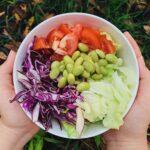
Although you can keep yourself warm with woolen clothes and heavy blankets in winter from the outside, without a proper winter diet plan you neither keep yourself warm from the inside nor boost your immunity. “Winter” means different types of fruit and vegetable season that boost the immune system and improve health overall. In this season, the body’s engine works better and the digestive system digests food easily. Seasonal foods means fresh and local fruits and vegetables. It is the time to fill your family and loved ones with a booster dose of different fruits and vegetables that improve the immune system. But for this, you must know about the winter season booster dose, which keeps you away from different types of diseases throughout the year.
If you want to know about this, here is the 15 such winter fruits and vegetables list you have to know to improve overall health. This season you can decorate your table with different types of fruits and vegetables, make your salad colorful, and keep your plate full with healthy, colorful medicine.
Here are winter fruits and vegetables that you should have to eat for improved your immunity
Table of Contents
Apple
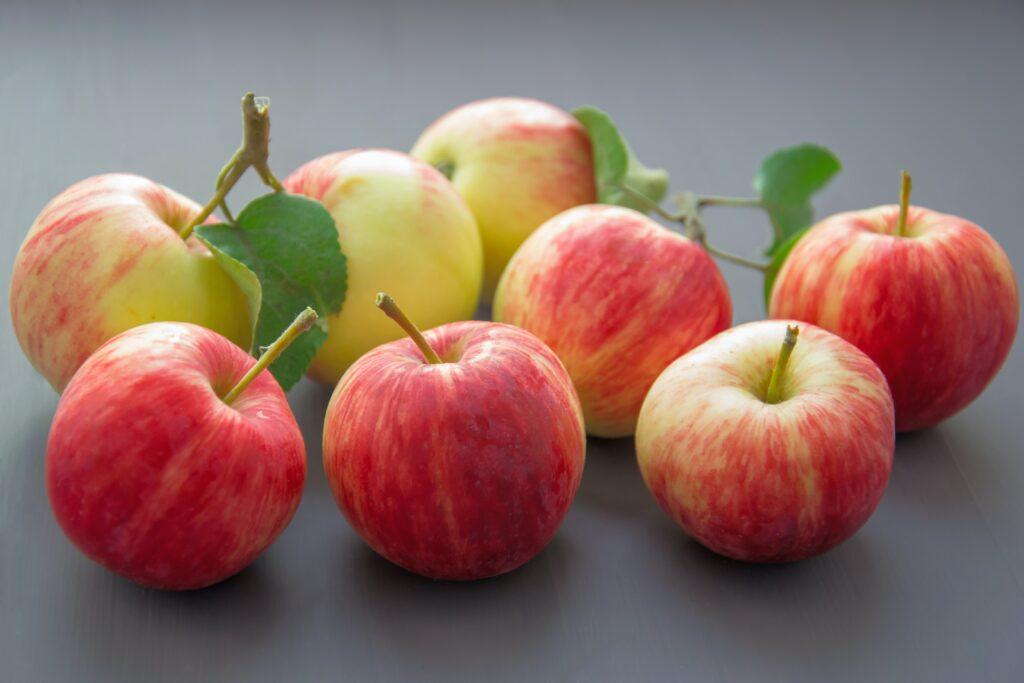
Apples are rich in antioxidants, dietary fiber, and vitamin C, which can help to boost your resistance power. Whenever you eat an apple, get a healthy dose of this vitamin. Apples are also a source of rich iron that boosts immunity. There is low fat, and cholesterol in apples, which may help to control weight and decrease the risk of diabetes and keep the heart healthy.
Sweet Potato
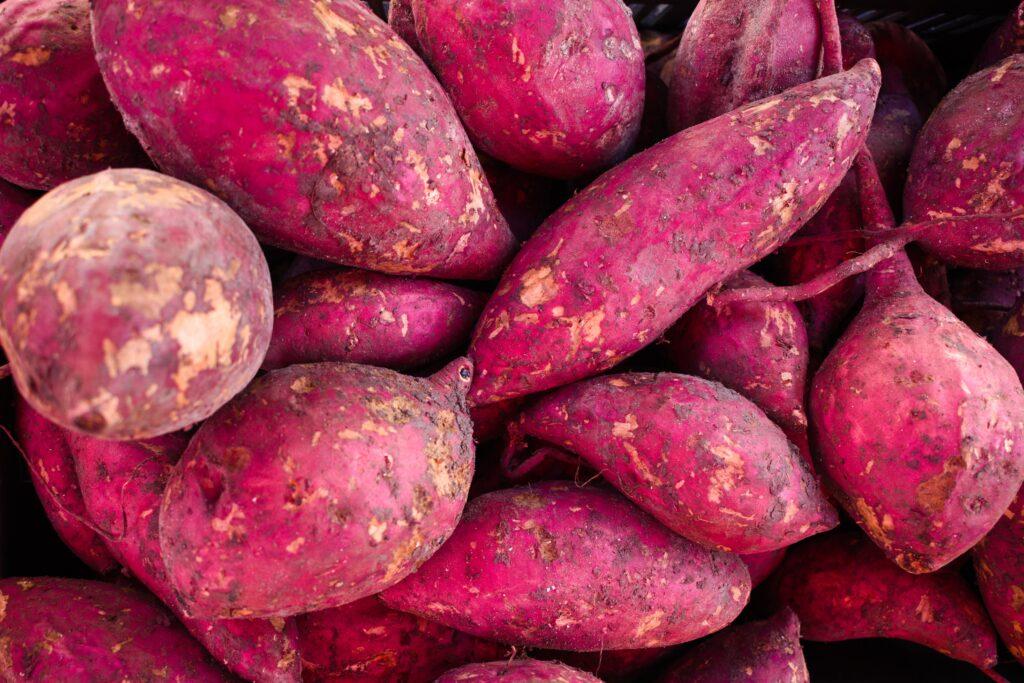
Sweet potato is considered a boon for health. It is available in winter and healthy fruit.
It also contains nutrients like starch, protein, potassium, copper, vitamins A, B, C and E along with plenty of antioxidants. Sweet potato is as delicious to eat, it is equally beneficial for health. Sweet potato is rich in vitamin A, which helps to keep your eyes healthy as well as your immune system. In winter, you must include sweet potatoes in your diet. Sweet potatoes also contain a variety of minerals and vitamins, including calcium, beta-carotene, and vitamin C.
Citrus Fruits
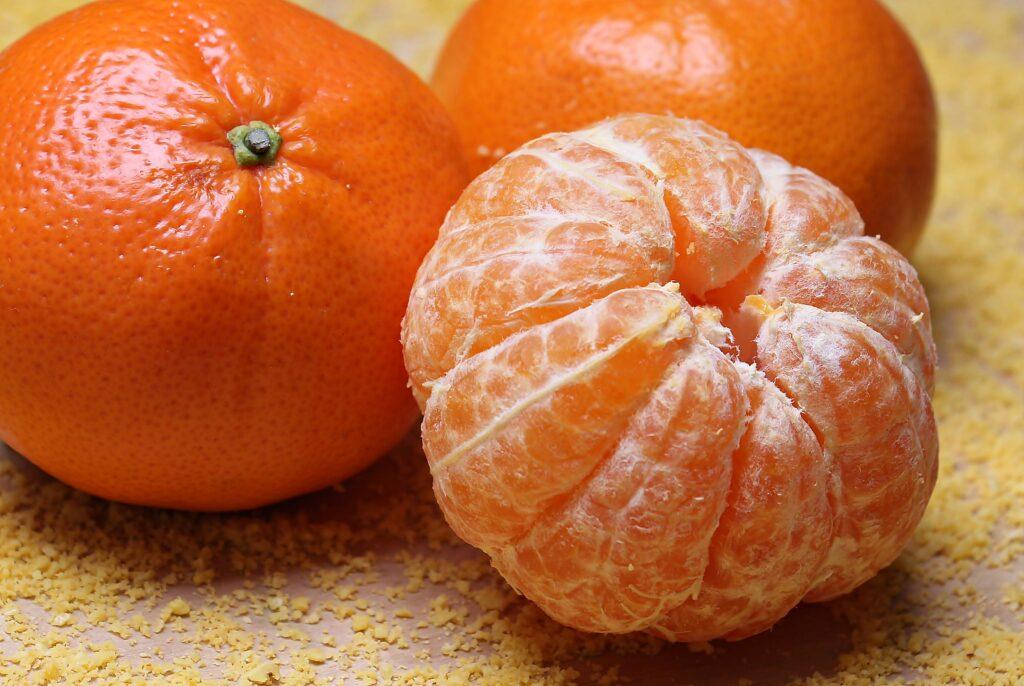
Citrus fruits are sour in taste and found in plenty in winter. They are oranges, limes, and lemons, grapes, and tangerines (keenu), etc. are rich in antioxidants, vitamins, and nutrients such as fiber, folate, and potassium and also rich in vitamin C, making your salad and food tasty. Citrus fruits are considered special in terms of taste and health.
These citrus fruits are rich in many essential nutrients, which can help in keeping the body healthy internally and externally. These fruits helps to improve immune system and help to reduce weight and also in a treatment for type 2 diabetes, as it increases the metabolism of the body.
Pomegranate
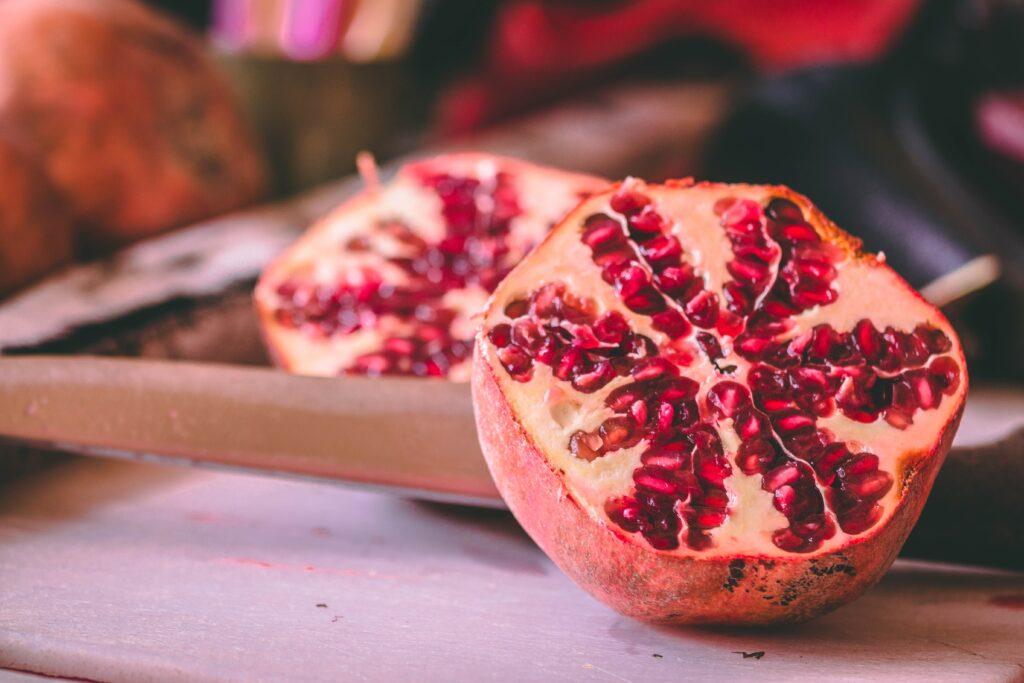
Pomegranate is a good source of minerals, vitamins, fiber, potassium, and folate. Due to having polyphenol antioxidants , this fruit treats several forms of cancer or is beneficial for many diseases like breast cancer, lung cancer etc. Because of being rich in fiber, it is good for digestion. By its benefits, eating pomegranates helps to prevent the growth of tumor cells within the body. By its antioxidant power, it is used to boost up your immune system.
Kiwis
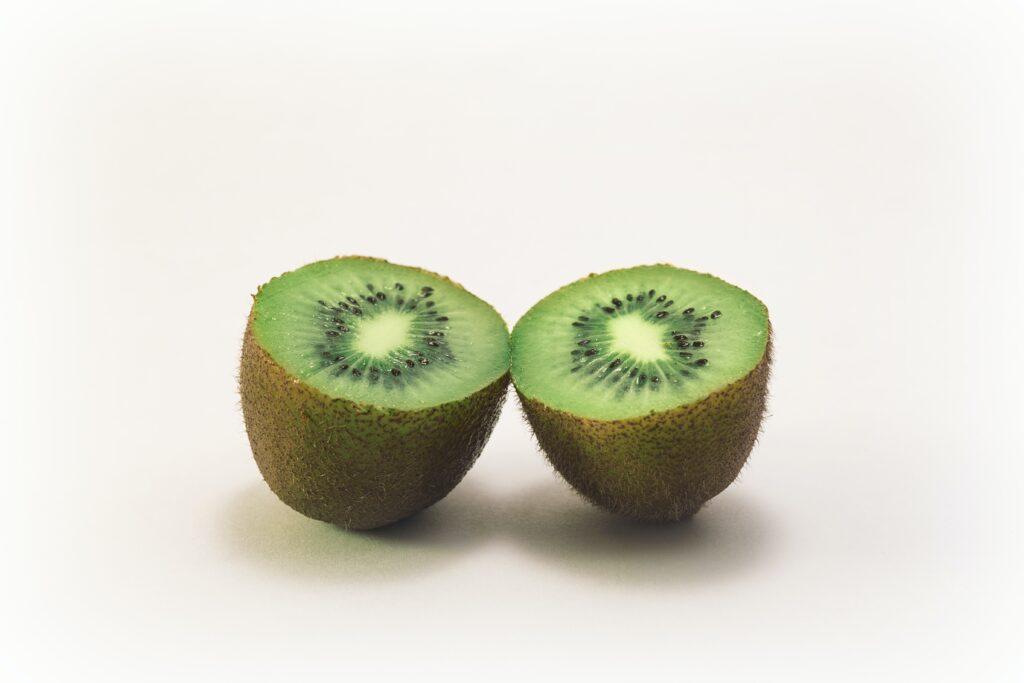
Kiwis are particularly rich in vitamin C, which may improve your immune system and reduce health problems. Taste of kiwi fruit is unique, and loaded with many other vitamins and nutrients. The kiwi is a healthy choice of fruits and also rich with dietary fiber and antioxidants. This kiwi fruit can help with heart health, digestive health, and immunity.
Papaya
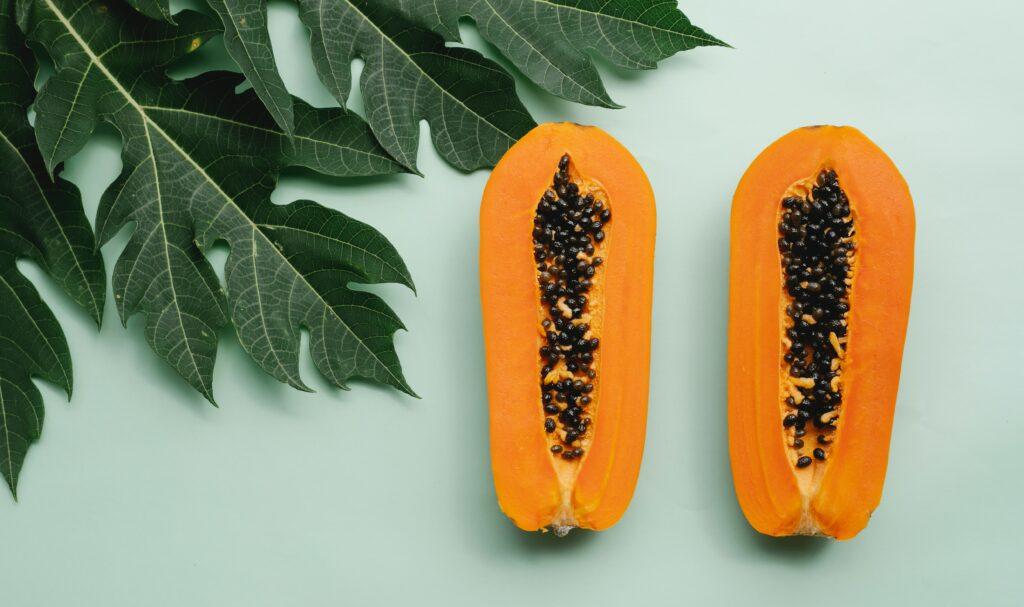
Papayas are loaded with high levels of antioxidants vitamin A, vitamin C, and vitamin E, that may reduce the risk of heart disease and its high-fiber diets lower cholesterol levels. Papaya is high in vitamin C, can help to boost the immune system, allowing the body to fight off bacterial and viral problems.
Guava
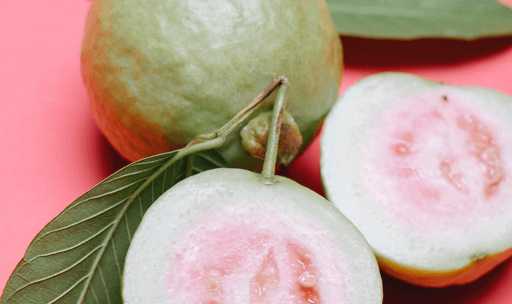
Guava fruits are rich in antioxidants, vitamin C, potassium, and fiber. Vitamin C, maintain a healthy immune system. Guava fruits are good for skin health, digestion, and for diabetes too. This may reduce the risk of heart health.
Carrots
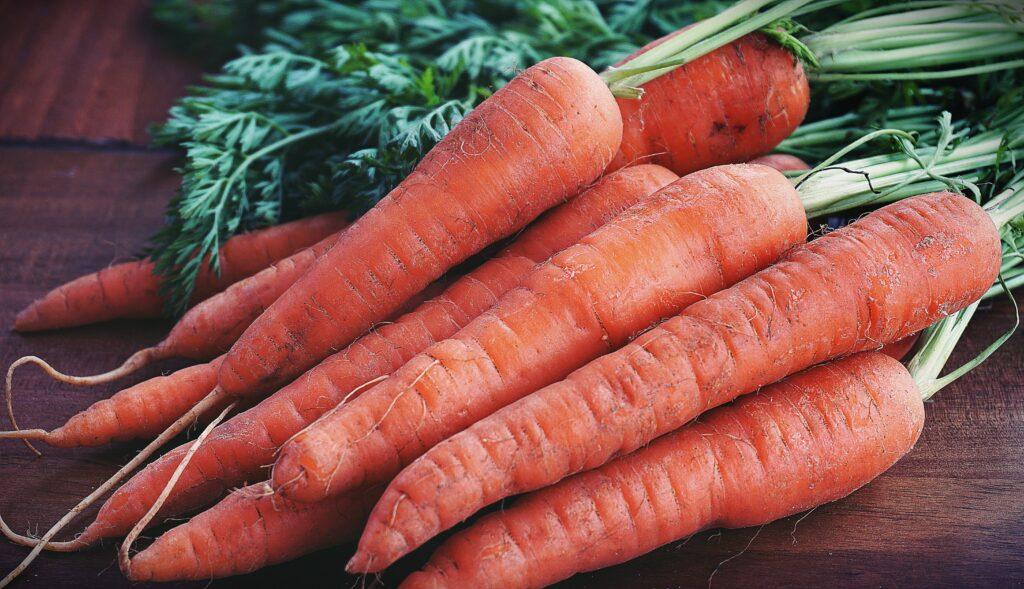
Whenever I think about how to improve hemoglobin, and blood levels, and increase eye vision, carrots are always remembered. This is a good source of vitamin A, antioxidants, and many more nutrients. Carrots are available in abundance in winter. Eating carrots in winter improves skin health, eye health, and overall health. Because its many nutrients reduce health-related issues. The abundance of nutrients in carrots is like a powerhouse of vitamins A and C, carotenoids, potassium, and other antioxidants.
Radish
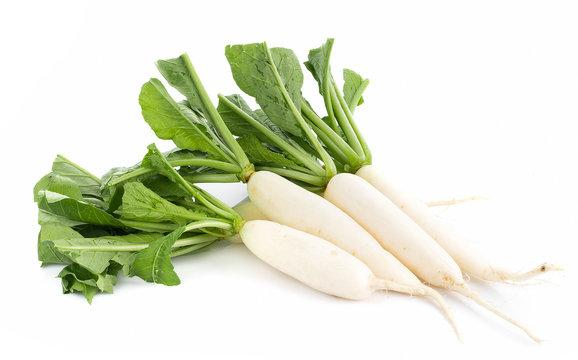
Radish is also known as mooli, a root vegetable. It is rich in vitamin C, which may boost your immune system. Not only its root is edible but also its leaves, flower, beans, and seeds all are edible and very healthy for reducing health complications. Radish is full of vitamins and minerals too, it has dietary fiber, helps in digestion, improves skin health, helps to fight fungus problems, helps to prevent diabetes, and is a very hydrating vegetable.
Beet Roots
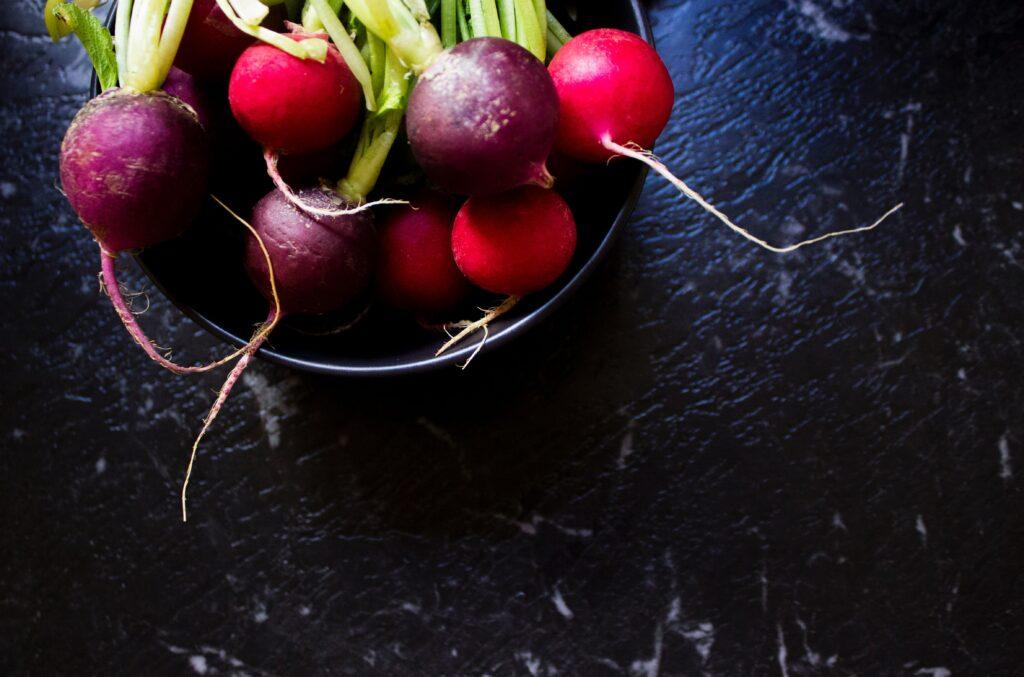
Beetroot’s red color not only helps to prevent anemia but it also helps in many diseases. Roots and leaves both are packed with nutrients, including antioxidants that help to fight cell damage and also reduce the heart disease risk. It is a winter vegetable that you should eat to improve your health. You can use it as juice or cook other recipes with this. Beets are high in fiber which improves digestion and helps to reduce the risk of constipation. Beets have many nutrients that help to fight disease and boost your immune system.
Turnip
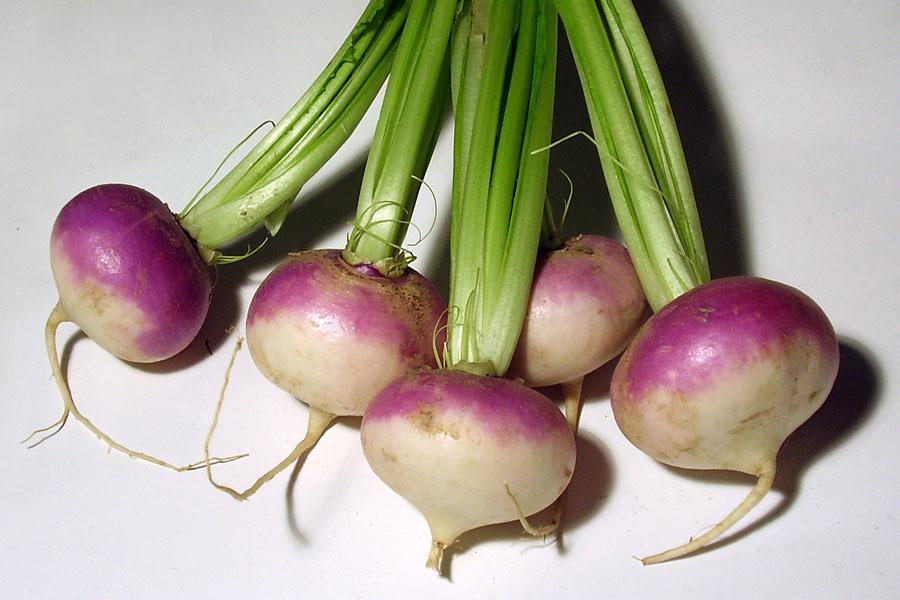
Turnip is also a root vegetable of winter. It is loaded with many nutrients, vitamins, and dietary fiber that also helps to prevent diseases. Its taste is something like radish. It is low in calories and helps to control your weight.
Peas

Peas are also a winter vegetable, which is a good source of energy and makes your immune system strong in winter. Peas are rich in digestive fiber, which control your digestion problems, and also high fiber and protein help to control blood sugar level. You should add this to your daily diet in winter.
Cabbage & CauliFlower
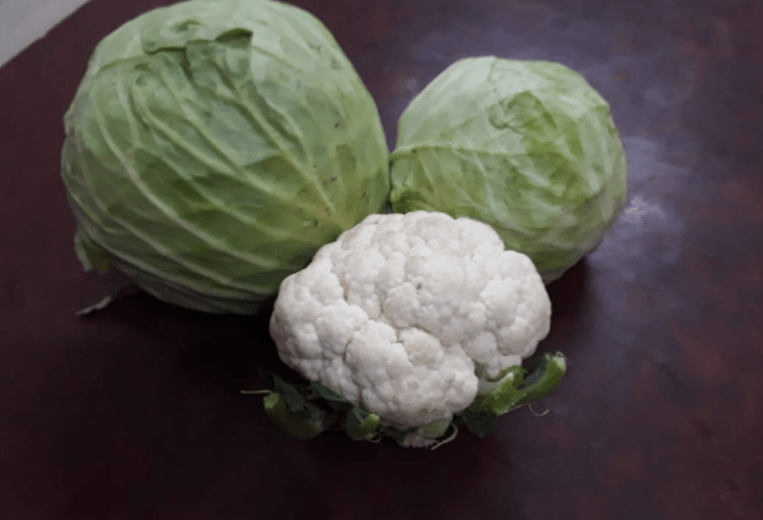
Fiber-rich cabbage is a good option to improve your digestion health. Cabbage is loaded with many nutrients, including vitamin C, high fiber, vitamin K and many more, so that it may support digestion, improve heart health, and control inflammation.
Cauliflower contains fiber that enhances weight loss and digestion too. It has many nutrients and vitamins. It may help to strengthen bones, boost the immune system and improve heart health.
Dark, Leafy Green Vegetables
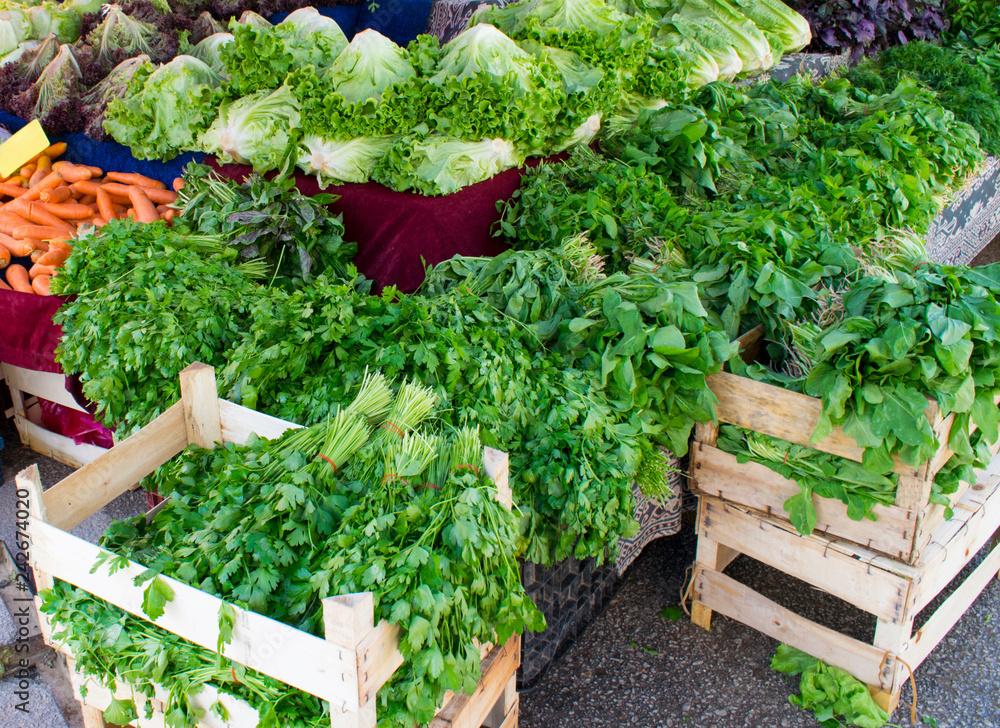
All green leafy vegetables are loaded with nutrients, vitamins, and minerals, and are rich in iron which is most important for our body to boost the immune system. Leafy green vegetables are a good source of a healthy diet. Dark green leafy veggies are a rich source of minerals including iron, calcium, potassium, and magnesium. In winter there are a lot of green leafy vegetables such as mustard leaves, fenugreek leaves, spinach, bathua saag, and more that are rich in vitamins and iron. Eating leafy green vegetables on a daily basis helps to fight many diseases and keeps you healthy and strong.
Green Beans
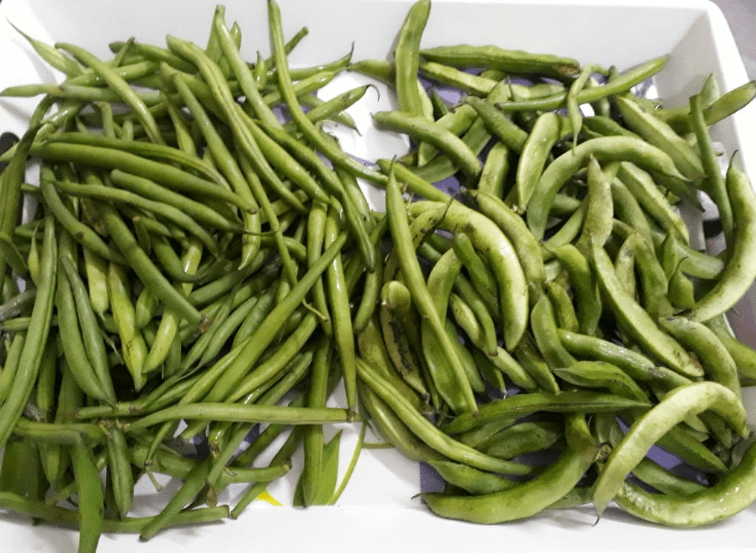
Beans are a rich source of vitamins A, C, and K, and of folic acid and healthy fiber also. In winter green beans are found in abundance, full of iron and many other nutrients and vitamins that boost your immune system.
Winter is the time to boost your energy, and your immune system, and rebuild the power of your body. Add all the fruits and vegetables in winter to your daily diet to boost your energy and keep you and your family healthy and strong.







